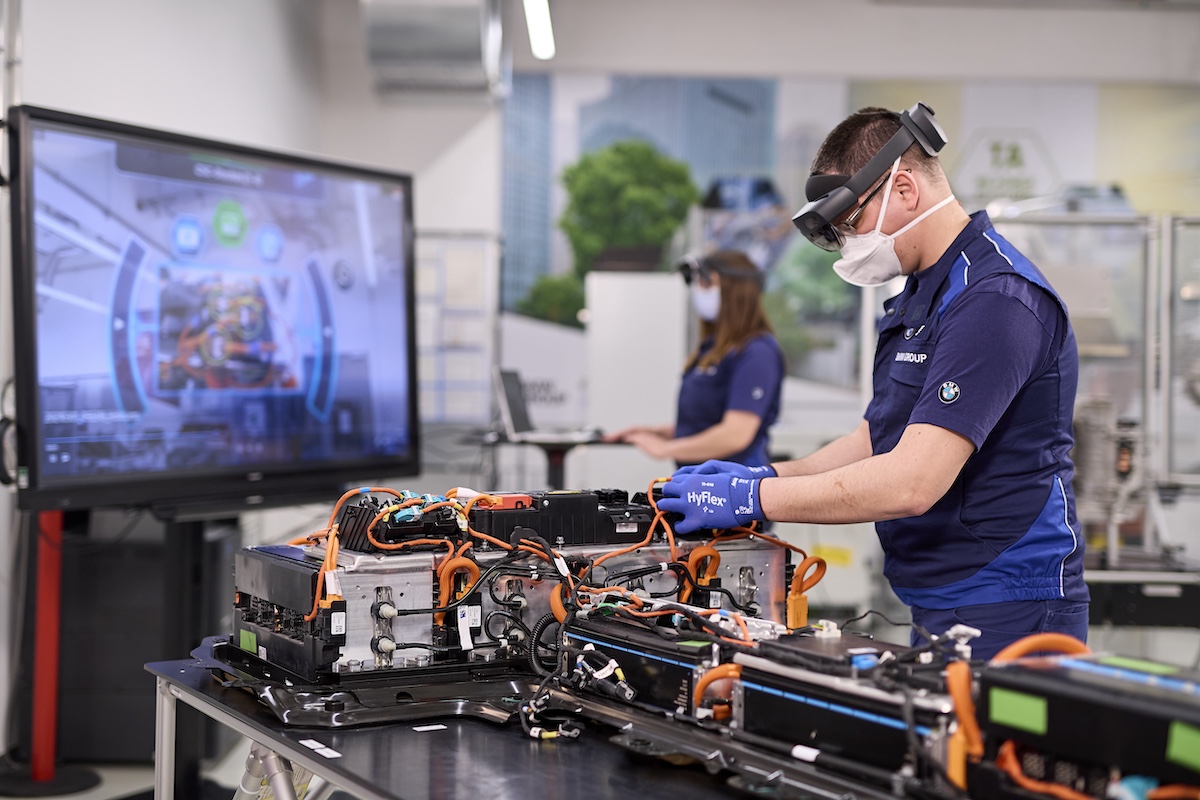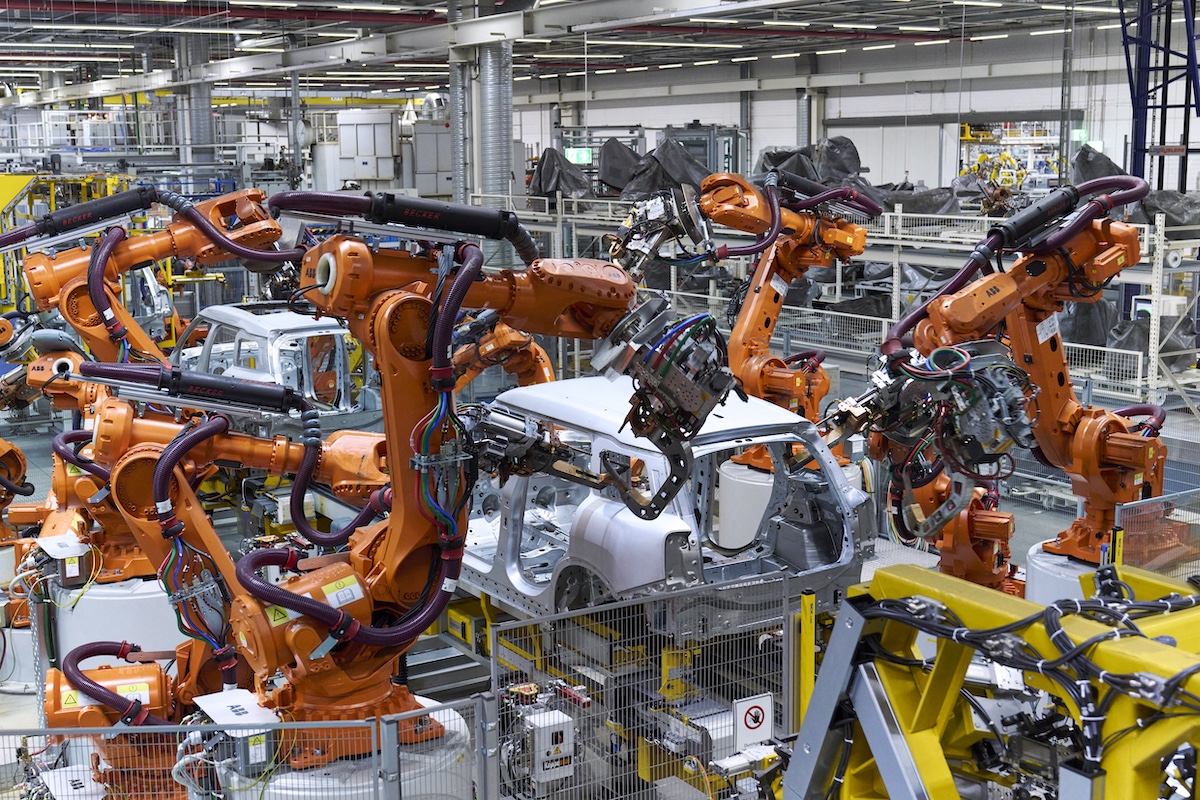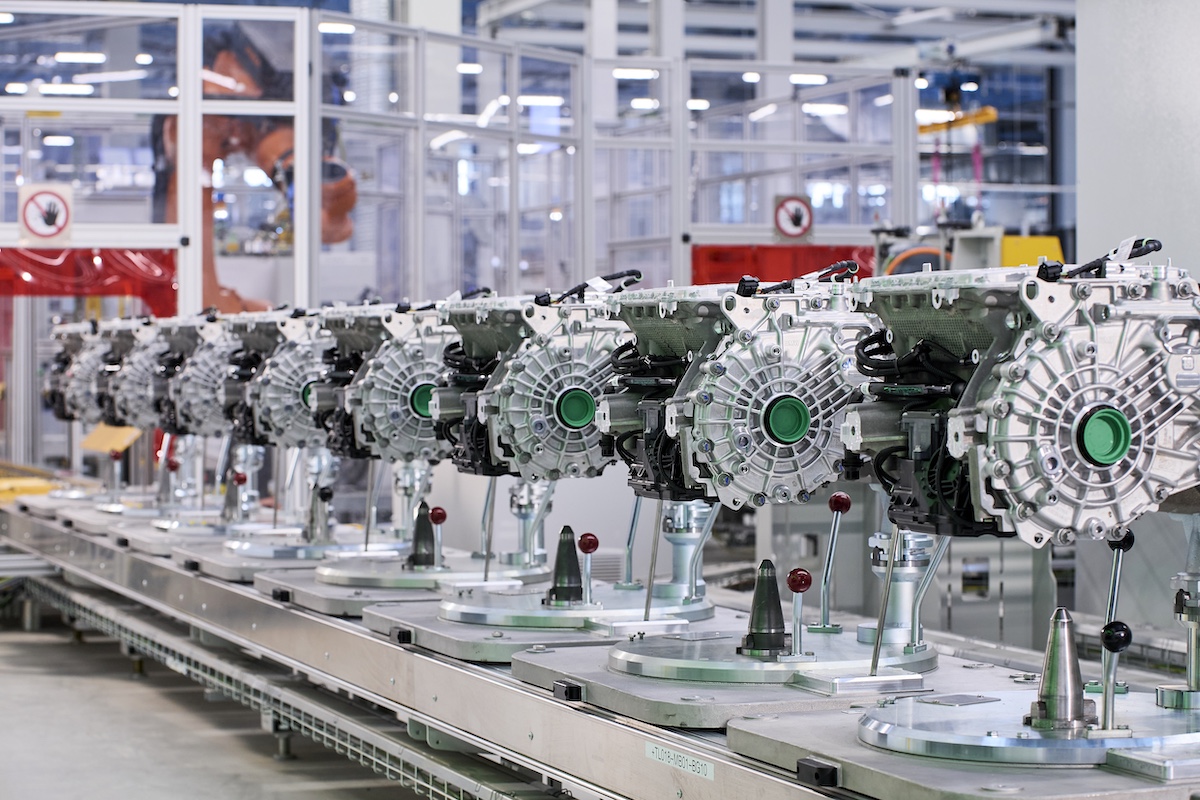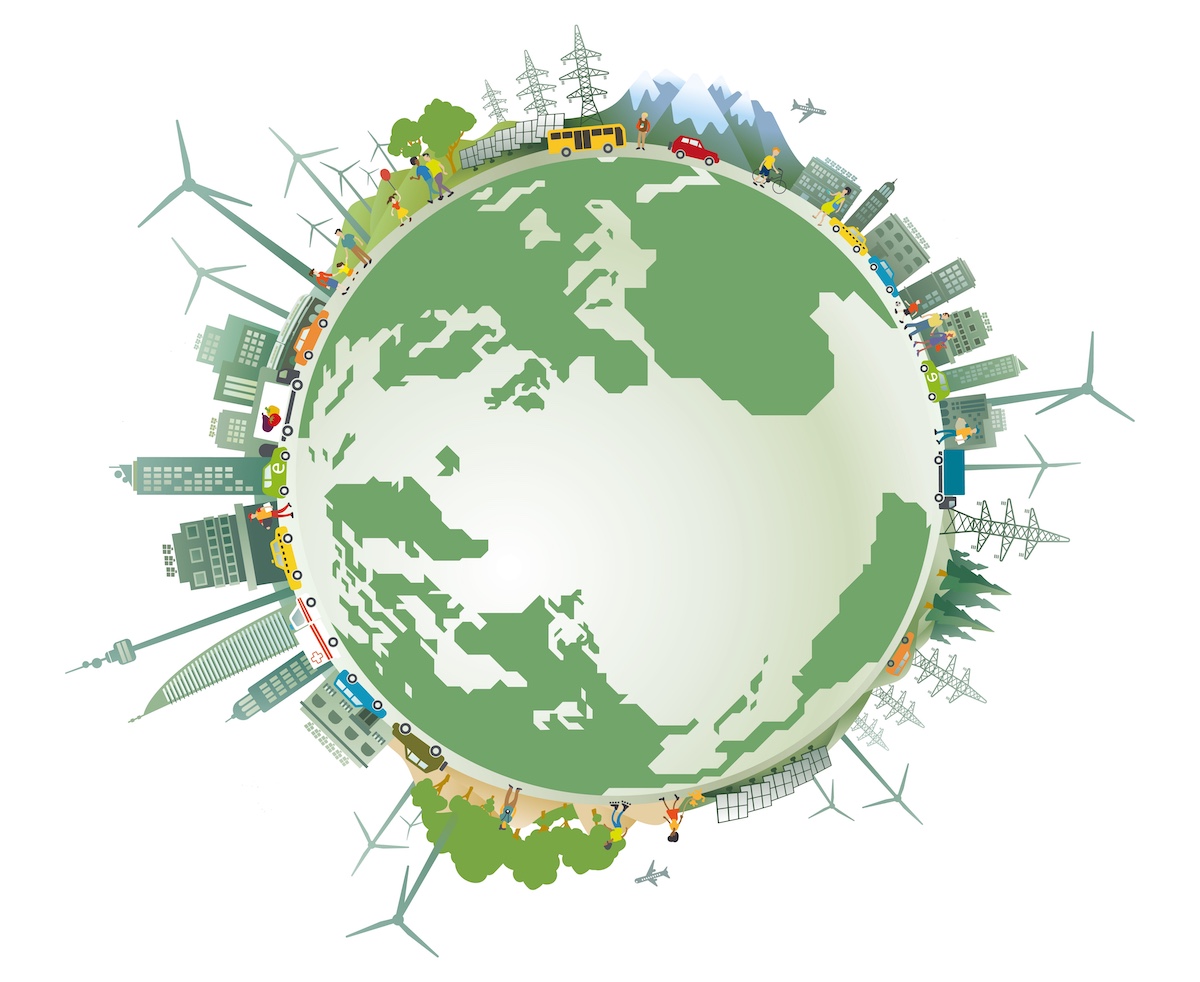China accounts for about 90% of global rare earth production. Its policy shift impacts not only the automotive industry, as discussed in this article, but also affects other high-tech sectors such as aerospace, semiconductors, and defense. The automotive industry, in particular—currently undergoing a transformation centered on electrification and smart technologies—is especially vulnerable.

Although Chinese authorities stated that the export restrictions were in response to U.S. tariff hikes, the policy applies globally. As a result, car manufacturers from countries including Germany, the United States, and India have voiced their concerns. The European Association of Automotive Suppliers (CLEPA) has repeatedly called on the Chinese government to provide a clearer and more predictable approval process to mitigate the sudden supply chain disruptions impacting the manufacturing sector.

Currently, German luxury carmaker Mercedes-Benz has not yet been directly affected. However, its Head of Production, Joerg Burzer, has made it clear that the company has already begun strategic discussions with key upstream suppliers. Mercedes-Benz is actively evaluating the establishment of rare earth stockpiles and other buffer measures to counter potential material shortages. Although there have been no immediate component shortages, stability over the coming weeks and months remains uncertain.

Another German luxury brand, BMW, acknowledged that some of its suppliers have been affected by the restrictions, but its own plants continue to operate normally. CLEPA, however, has taken a more cautious stance, noting that several production lines in Europe have already been forced to shut down due to an inability to secure timely rare earth supplies. Since April, hundreds of export license applications have been submitted by European companies, yet only about a quarter have been approved. Some rejections were reportedly based on mere "procedural defects," which has sparked widespread dissatisfaction within the industry.

China’s restrictions on rare earth exports have prompted the European Union to accelerate its supply chain diversification strategy. The EU has emphasized the need to reduce dependence on any single country. In line with this goal, the bloc has announced 13 new projects outside of Europe aimed at securing a more diversified supply of rare metals and minerals, with the long-term objective of decreasing reliance on China.

Viewed in a broader context, China’s rare earth export policy is redefining global awareness of supply chain security within the automotive sector. For European carmakers long reliant on globalized supply chains, this is more than just a materials crisis—it is a critical stress test for strategic autonomy and resource diversification. Whether major automakers can turn this global resource realignment from a crisis into an opportunity will be pivotal in shaping future industry competitiveness.